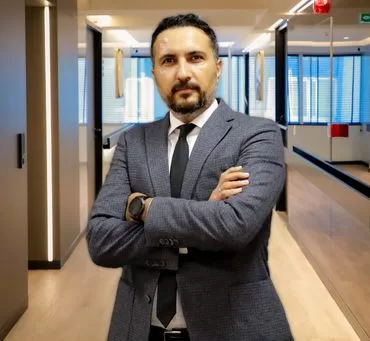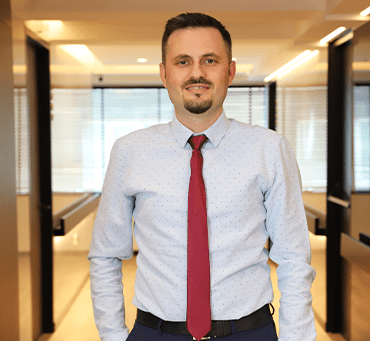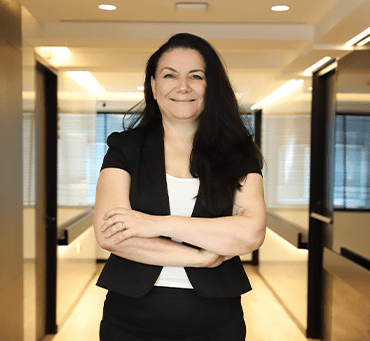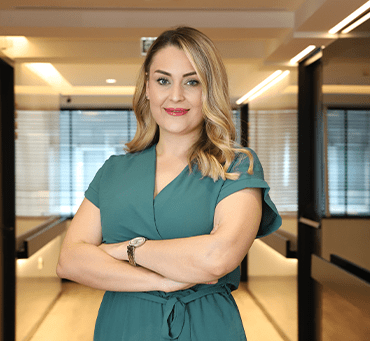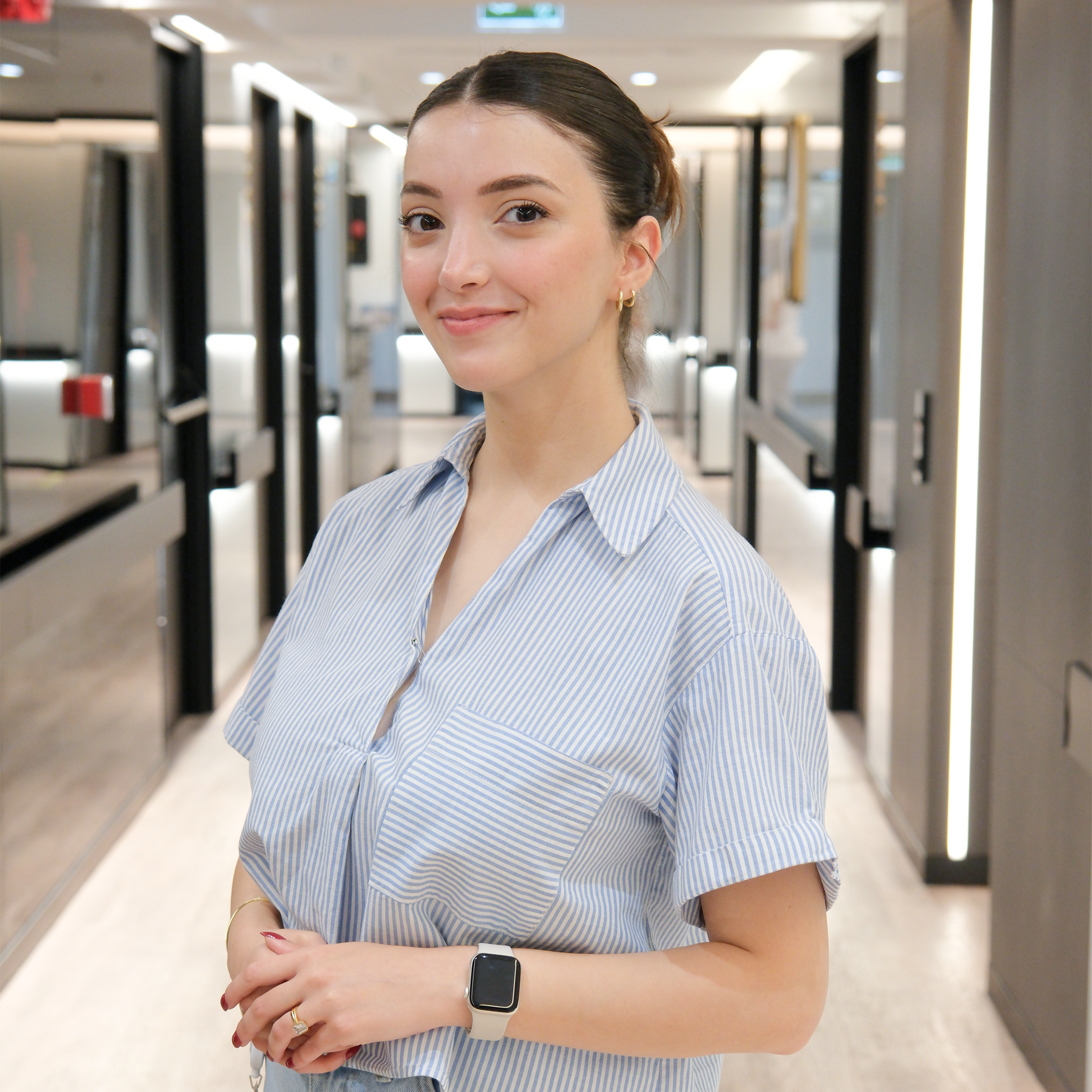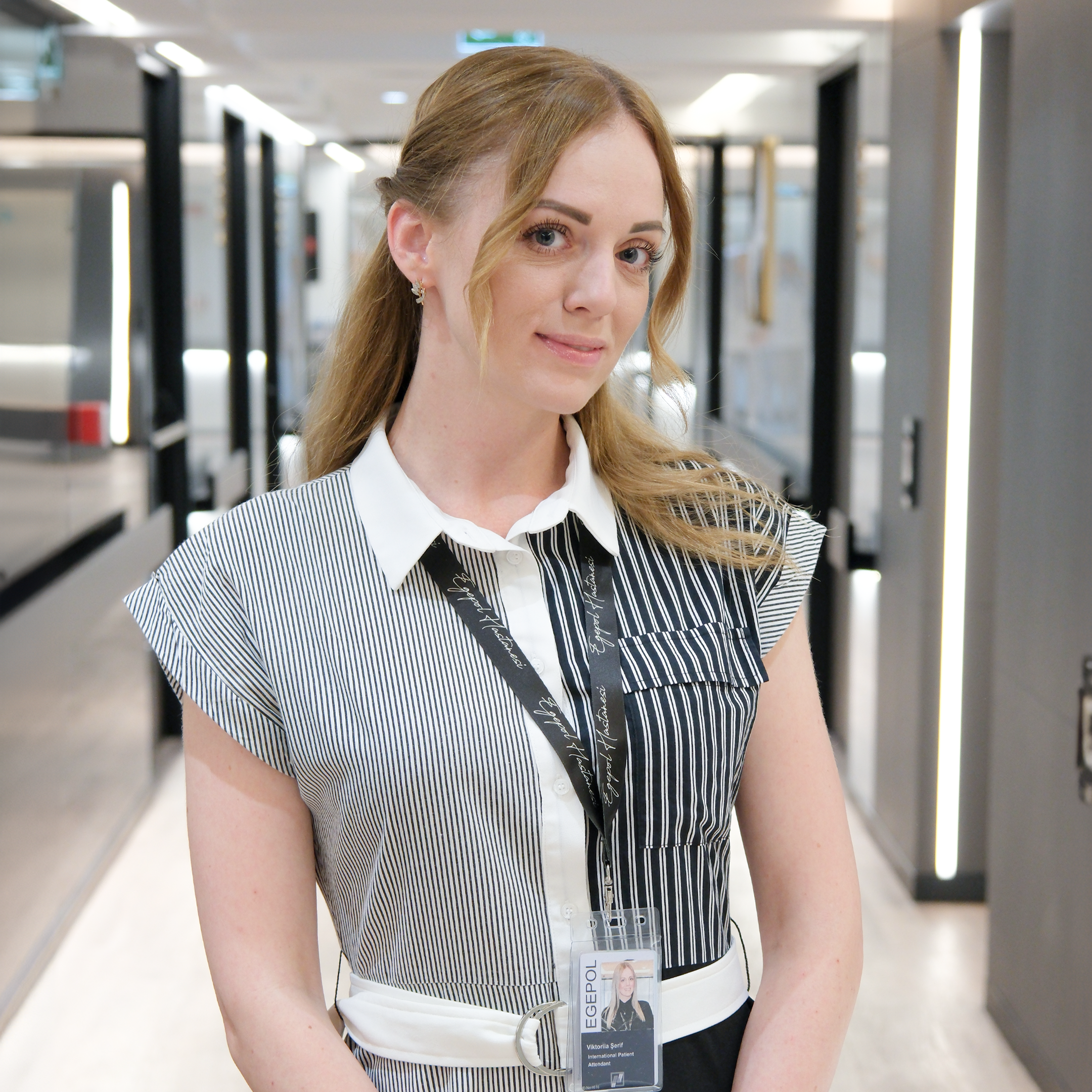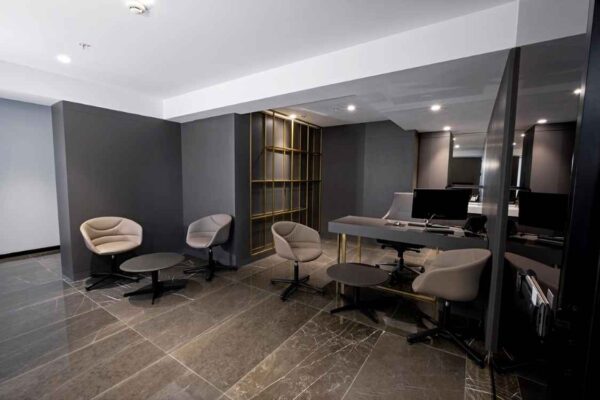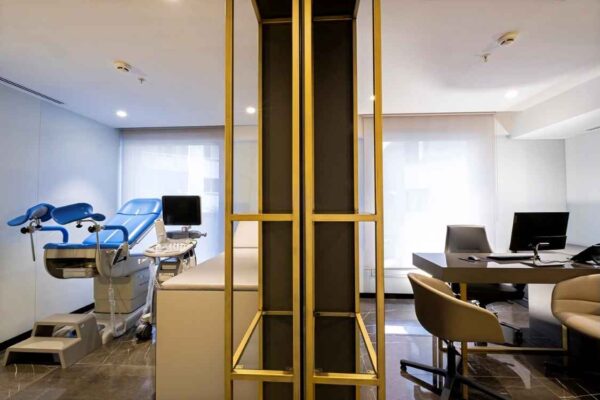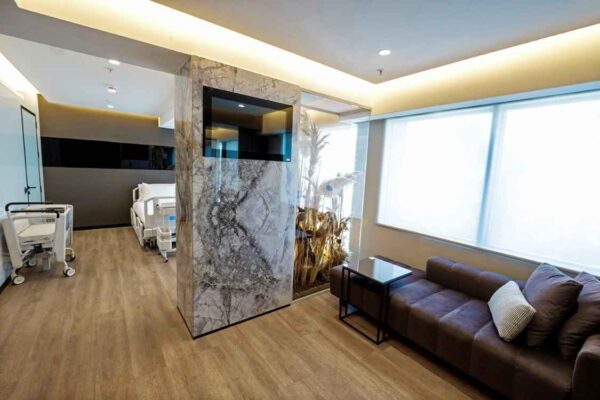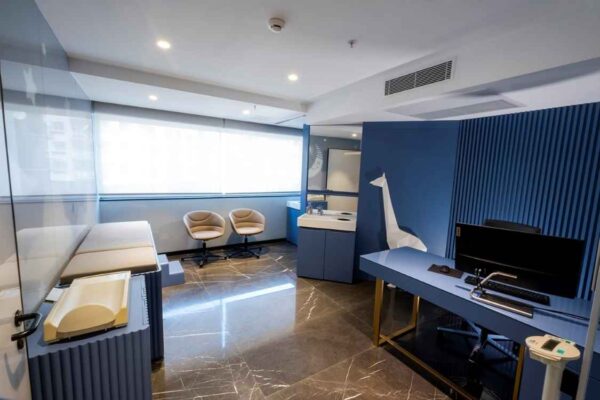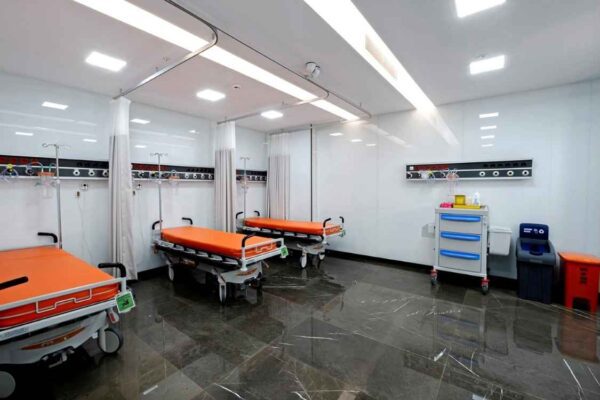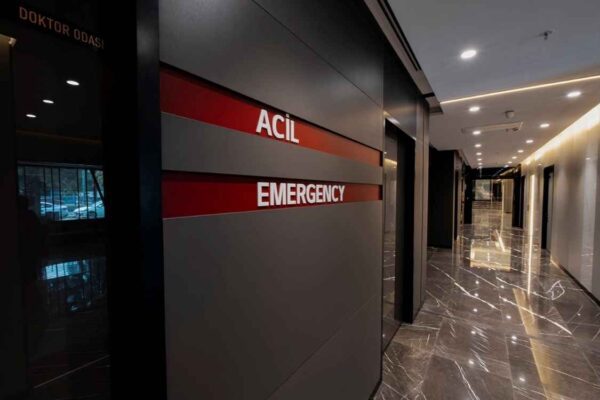‘’Keratoconjunctivitis sicca’’, another name for dry eye disease, is a prevalent ocular condition that affects millions of individuals worldwide. Its defining characteristics are insufficient tears, either in number or quality, which interfere with eye lubrication, negatively impact quality of life, and cause discomfort, fuzzy vision, and eye discomfort. Since there is an increasing demand for effective dry eye treatment, medical tourism destinations like Turkey have become more and more popular. They provide a variety of healthcare services, including cutting-edge therapies for this condition. With an emphasis on Europe, this essay will examine the various aspects of dry eye illness, such as its causes, readily available treatments, pricing, and how Turkish medical schools stack up against those in other nations.
Causes of Dry Eye
Understanding the underlying causes of dry eye disease is crucial for developing effective treatment plans. There are several causes of dry eyes in people, including:
- Environmental Triggers: Prolonged exposure to arid, windy, or dusty circumstances can speed up tears’ evaporation, leading to dry eye symptoms.
- Age-Related Factors: Because aging is often accompanied with a natural decline in tear production, older persons are more susceptible to dry eyes.
- Underlying medical illnesses: Several systemic conditions, such as diabetes, thyroid issues, and autoimmune disorders, can exacerbate the signs and symptoms of dry eyes and necessitate the use of specialized therapeutic techniques. Antidepressants, decongestants, and antihistamines can all help reduce the amount of tears produced. Dry eyes can also be a result of certain lifestyle decisions, including spending too much time in front of a screen, wearing contacts, and spending a lot of time in the sun or air conditioning.
Turkish Treatments For Dry Eyes
The Turkish healthcare system offers a wide range of dry eye syndrome treatment options, each tailored to the individual patient’s needs. These therapeutic techniques include to temporarily alleviate irritation, more artificial tears that moisten the eye’s surface can be purchased over the counter or without a prescription. Making lifestyle adjustments that might significantly minimize the symptoms and indicators of dry eyes is advised by Turkish healthcare professionals.
These include giving up smoking, drinking enough water to stay hydrated, and using humidifiers to improve the indoor air quality. A doctor may give specialist medications like cyclosporine (also marketed under the brand names Restasis and Xiidra) or lifitegrast when more traditional treatments are ineffective. These medications promote tear production while reducing inflammation.
New methods in healthcare By using Turkey’s LipiFlow Technology to clear congested oil glands in the eyelids, certain types of dry eye can be cured. Tiny silicone or gel-based punctal plugs can be used to obstruct tear ducts, lengthening the period of time the ocular surface is moist. This is known as punctal occlusion. IPL therapy reduces eye irritation and increases the production of the oily part of tears in the meibomian glands.
Turkish Healthcare Institutions and Services
Turkish medical professionals are renowned for their commitment to providing excellent care, particularly in the field of ophthalmology. Turkish ophthalmologists frequently have years of training, ties to famous hospitals all around the world, and experience working abroad. Because many of these professionals earned their education from respected institutions, you can be sure that they are educated about the most recent advancements in dry eye care.
Medical innovation and research are given a lot of attention and funding in Turkish medical schools. They participate in clinical investigations, work with international research organizations, and publish their findings in prestigious medical journals. Public health, drug development, genetics, and epidemiology are a few research areas.
Turkish healthcare institutions uphold strict standards for tidiness, modernity, and security. These hospitals’ continued accreditation with global bodies is evidence of their unwavering dedication to upholding the highest standards of healthcare delivery.
High Quality Doctors Of Turkish Medicine
In Turkey, dry eye disease should be correctly identified and effectively treated. A typical patient path looks like Ophthalmologists do in-depth examinations to identify the primary reasons of dry eye and offer a customized treatment plan.
Customized Therapeutic Regimens: Dry eye treatment regimens in Turkey are painstakingly adjusted to each individual patient in order to address their specific issue and provide the highest level of comfort. Follow-up care is highly valued by Turkish healthcare professionals, who use it to monitor patient progress and modify the treatment plan as needed to maximize effectiveness.
Compared To Europe Standarts
To determine the effectiveness of the country’s healthcare system, Turkish and European dry eye therapies must be compared.
- Medical understanding: Board-certified Turkish ophthalmologists often have a good level of medical knowledge. They have also gotten comprehensive online training on par with what their European counterparts experienced.
- Modern technology: Comparable to the technological sophistication of hospitals in Europe, Turkish hospitals are equipped with state-of-the-art equipment. This makes it possible for precise diagnoses and effective therapies.
Turkish healthcare facilities are required to follow stringent regulations that resemble the rigid legal framework found in European healthcare systems.
Costs of Turkish Dry Eye Treatment
One of Turkey’s biggest benefits is the inexpensive cost of dry eye treatment.
Initial ophthalmology consultations are frequently less expensive in Turkey than in many other European countries. A larger patient population can now get dry eye exams because to the low cost of diagnostic techniques like imaging and assessments of the tear film. Patients are substantially less financially pressured in Turkey than in Europe since prescription drugs and medical procedures, such as punctal plug insertion or LipiFlow, can be significantly less expensive there.
Conclusion
Turkey’s continuous commitment to offering top-notch dry eye care and its cost-effective approach draw tourists with this widespread ocular ailment. To ensure that patients receive complete care and have access to the most advanced therapies, Turkish medical schools, practitioners, and healthcare organizations strictly adhere to international rules.
Turkey remains a popular destination for medical tourists as the demand for effective dry eye therapy increases, giving individuals who are dealing with the difficulties brought on by dry eye syndrome hope and a considerable improvement in their quality of life.
FAQs
The local currency of the Republic of Turkey is the Turkish Lira. Our patients can convert their cash from exchange offices to Turkish Lira.
Our patients can withdraw money in Turkish Lira, Euro and Dollar through ATMs in Turkey. You can easily withdraw money with foreign language options available at ATMs.
Foreigners can use their own vehicles with the obligation to carry their own driver's license, vehicle license and passport with them. Vehicles are driven on the right side of the road in Turkey.
The sockets in Turkey are dual like the sockets used in Europe.
If you have your phone line open for use abroad before coming to Turkey, you can use your own operator as well as local GSM operators.
Our Team
Our Hospital
Atilla, Halide Edip Adıvar St.
No:57, 35270 Konak/İzmir




